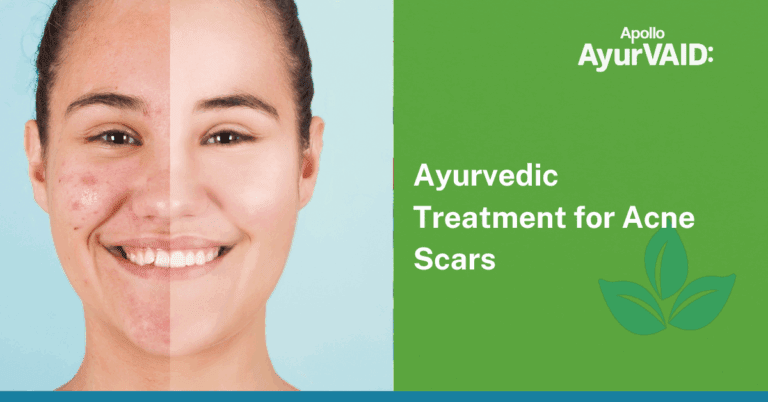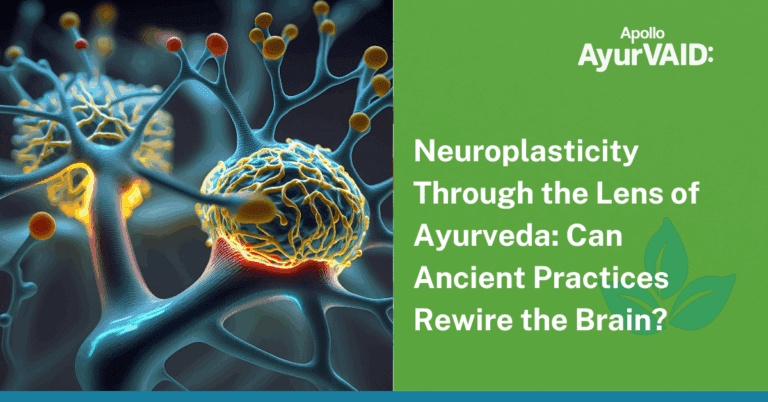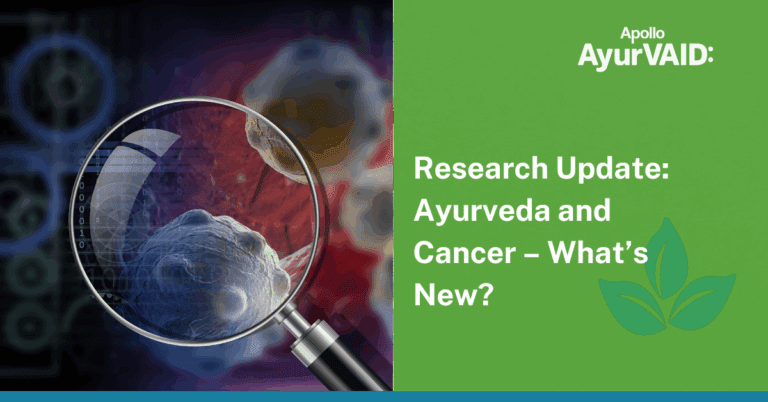Introduction
Rheumatoid arthritis is one of the most typical chronic inflammatory diseases of joints. It is an autoimmune disorder distinguished by bilateral symmetrical joint disease, erosion, and synovitis. Most commonly the wrist and hands are involved with the same joints typically detailed on both sides of the body. The disease may also influence other parts of the body. Tenderness, warmth, swollen joints, joint stiffness, fatigue, fever, and loss of appetite are various signs and symptoms of the condition. The premature stage of rheumatoid arthritis tends to affect the smaller joints and as the disease progresses, symptoms spread to the knees, ankles, elbows, hip region, and shoulder region. Rheumatoid arthritis is multifactorial in its etiology consisting of genetic and environmental factors. A family history of Rheumatoid arthritis can increase the hazard. Environmental factors like smoking, silica exposure, injection, chronic gingival disease, hormonal factors, etc can also expand the stake of easily acquiring this condition. In most scenarios, females are affected more than males in the 3:1 ratio. The intricacies of rheumatoid arthritis comprise osteoporosis, rheumatoid nodules, dry eyes and mouth, infections, carpal tunnel syndrome, heart problems, etc. The diagnosis is to be made on clinical examination and laboratory criteria.
Ayurveda Perspective on Rheumatoid Arthritis
Ama is the rudimentary rationale of all diseases. The ama that is elicited in amashaya reaches joints and all other parts of the body to cause pain, swelling, and tenderness. The person who is liable to mandagni on undergoing viruddhara( unwholesome food) amotpatti(formation of indigestion) is certain. After amotpatti, the ama from amashaya gets displaced due to drastic physical exertion done by the patient. The displaced ama from amashya keeps on circulating through the body via the heart. The nidana(causative factors) like Ahara, and vihara that can vitiate vata prakopa cause this mandagni. The mandagni then leads to amotpatti ushering to vata prakopa that takes ama from sleshma sthana and this ama adheres to the walls of dhamanies and srotas due to its pichillata (stickiness) causing a burden to hrudaya and reaching sandhi (joints) manifesting Amavata.
Ayurveda Treatment for Rheumatoid Arthritis
The treatment of Amavata according to ayurveda begins from Nidana parivarjana i.e avoiding the causative factors that can aggravate the vata dosha. Succeedingly Langhana should be done for ama pachana(digest the unwholesome food). Ruksha svedana can be done thereafter followed by Dipana using katu, tikta aushadis. Virechana using eranda taila or haritaki churna, snehapana i.e abhyantara sneha along with eranda taila, gomutra can be done. Abhyanga can be done on the pompous parts. Afterward, to pacify the vitiated vata prakopa, basti karma using brihat saindhavadi taila and anuvasana basti along with kshara basti can be advised. Ayurvedic formulations like satapushpadi lepa and pippalyadi kwatha can be allocated for improved conditions.

Conclusion
Apart from the treatment slight alterations and changes in the daily lifestyle and diet regimens can also profit to improve the condition in a faster way. The diet can be altered by including food items that do not aggravate vata dosha. Oats and legumes such as lentils, dal, mung beans, etc can be added. Green and leafy vegetables, and buttermilk can be included as well. Certain foods are to be evaded that include sour and fermented foods, pineapple, alcohol, heated spices, and raw vegetables like radish, broccoli, etc. The importance of exercise in Amavata is high. Practicing activities that include gentle movements like yoga, swimming, walking, etc can be practiced. Hard-core physical exercises, weight training, or other excessive physical stress should not be entertained. Following the advice, aftercare and proper medication can help to cure this ailment.






